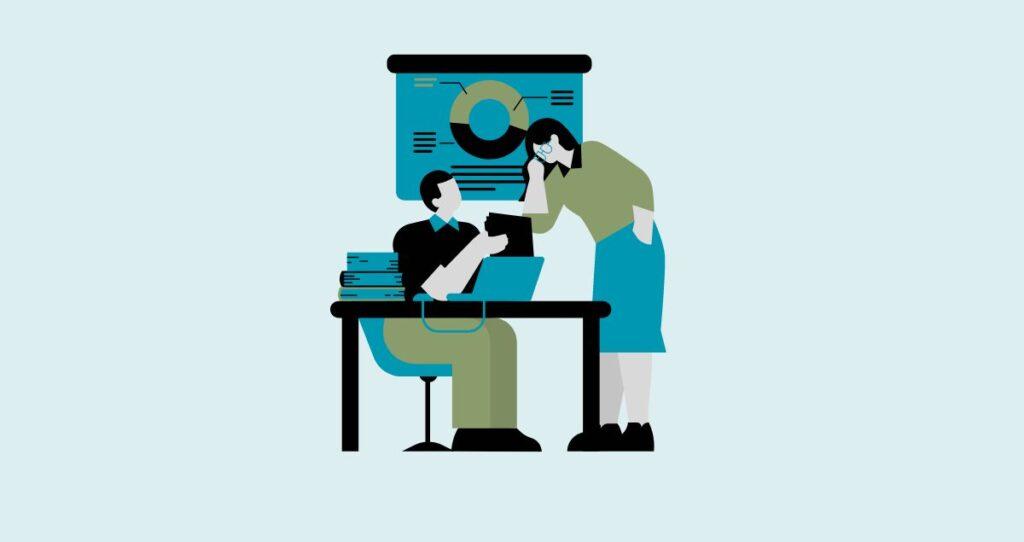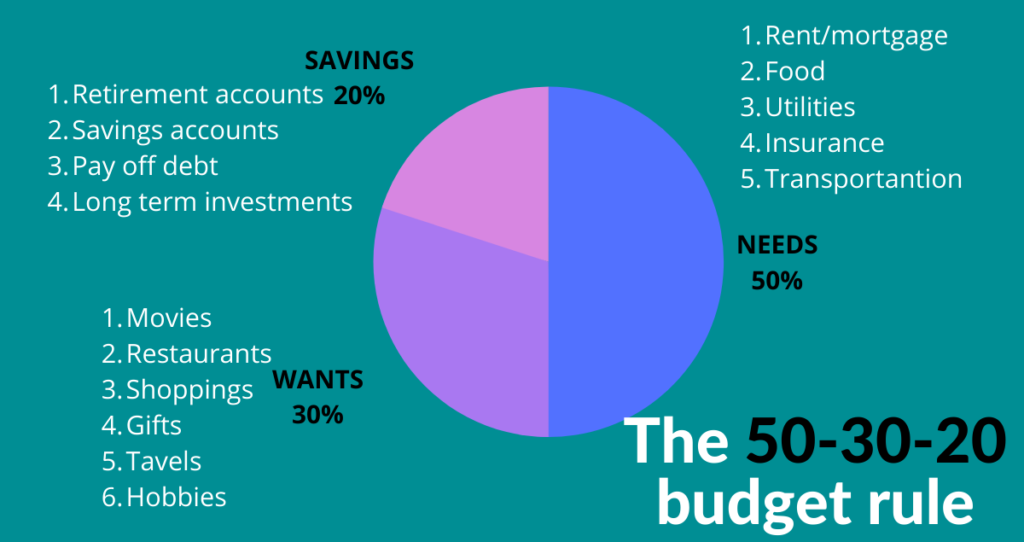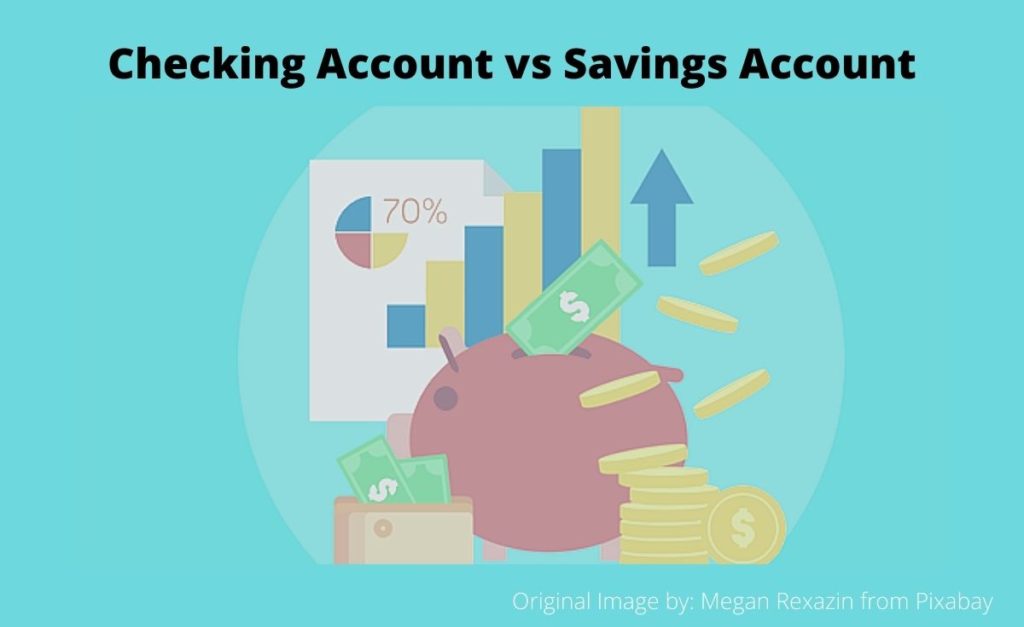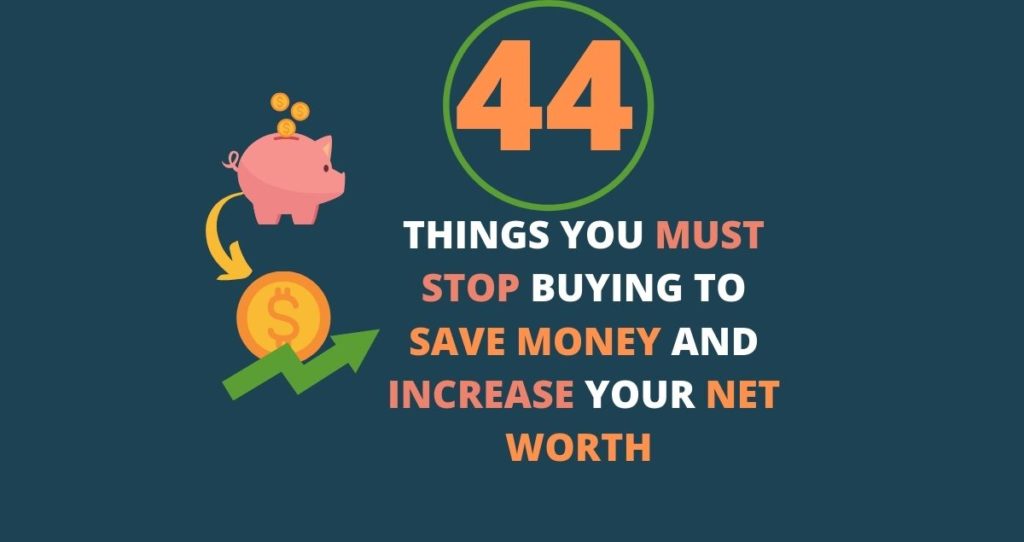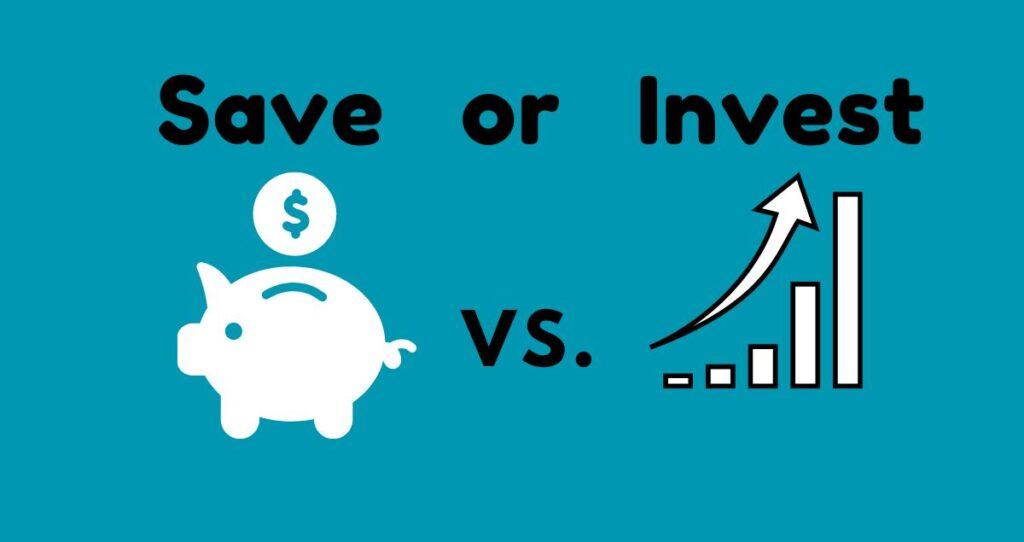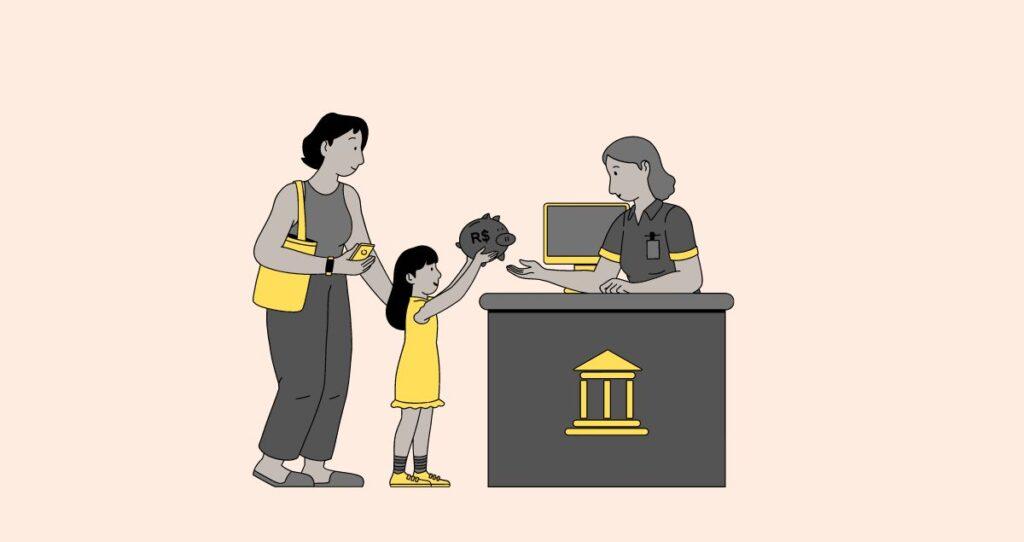Certificates of deposit are some of the safest investments with fixed interest rates. Due to their lack of liquidity, however, there are times when you might need to close a CD account early to have access to your funds. For example, it will make sense to close your CD account to cover an unexpected expense, or emergency, or pay off high-interest loans such as personal loans, credit card debts, or car loans.
Before you close your CD account, however, it is essential to be aware of possible fees and penalties associated with your CD account. Most banks charge an early CD withdrawal penalty as a flat fee or a percentage of interest on your CD.
If you are interested in closing your CD account, this article will show you how to safely do it in just six simple steps. Whether you want to use the funds from your CD to fund other investments or you are switching to a different type of account, you have come to the right place.
How to close a CD account?
Closing your CD account requires a few simple steps. Whether you want to close your CD account online or in person, these simple steps are all you need to complete the whole process.
So, let’s get started.
1. Review your CD terms
Before you close a CD account, it is essential to review your CD terms to understand how closing your account will affect your return on investment. Most CDs come with penalties or fees associated with early withdrawal.
Usually, the penalty is a percentage of interest earned. For example, you might be charged 3 months of interest on a 12-month CD if you close your CD account before it matures. Some banks might also have an extra flat fee such as $25.
2. Gather all necessary information
Once you’ve decided to close your CD account, the first step is to gather all the necessary information before contacting your bank. This includes your account number, the date the CD was opened, the maturity date, and the amount of funds in the account.
You might also like: How to Open a CD Account: A Step-by-step guide
3. Contact your bank
Once you’re ready to close a CD account, it’s time to move on to the next step which is contacting your bank. You can typically do this via phone or by visiting a branch in person. Be prepared to provide the representative with your account information and reason for closing the account. They may ask questions to verify your identity and clarify any details before initiating the account closure.
4. Fill out the required paperwork
After you’ve contacted your bank and provided them with the necessary information, they will likely ask you to fill out some paperwork to complete the account closure process. This may include an account closure request form, which will require you to provide basic account information such as your name and account number. It’s important to make sure all of the information you provide is accurate and complete to avoid any delays in the closure process.
In addition to the account closure request form, your bank may also require you to fill out other forms related to the closure process. For example, if your account has a balance that needs to be transferred to another account, you may need to fill out a transfer request form. Be sure to carefully read through all documents provided by your bank and ask any questions you may have before filling them out.
5. Understand any penalties or fees
Before closing a CD account, it’s crucial to learn about the penalties and fees that may apply. These charges can vary depending on your bank and specific account terms. Typically, these fees include early withdrawal fees and account closure fees(when applicable). Early withdrawal fees usually apply if you withdraw funds from your CD before the maturity date, while account closure fees may apply if you close your account before the minimum term required.
To avoid any surprises, it’s important to review your account agreement and speak with a bank representative about any penalties or fees you may face. Some banks may also waive these fees if you are closing your account due to certain circumstances, such as a death or disability.
6. Ensure the closure is complete
Before officially closing your CD account, it’s important to take a few extra steps to ensure the closure is complete. First, make sure that all of your funds have been transferred or withdrawn from the account.
Next, double-check that there are no outstanding transactions or pending charges on the account. If so, be sure to settle these before closing the account to avoid any potential overdraft fees or penalties. You may also want to verify that all interest earned has been credited to your account.
Once you have confirmed that your account is fully paid and all transactions are completed, officially notify your bank that you wish to close the account. This may require filling out a form or speaking to a bank representative.
What to do when a CD matures?
After your CD reaches maturity, you will have a few options on what to do with your account. Your bank will give you a grace period in which you can decide how to proceed with your CD account after maturity. The grace period is usually about 5 to 10 days.
The following are your few options after your CD has reached maturity.
- Renew your CD account. If you like your CD terms and current interest rates being offered by your bank, you can renew your CD with the same terms. You can also use the money to open another CD with different terms.
- Do nothing. If you do nothing, your bank might choose to renew your CD automatically at the same term and current rates being offered by your bank.
- Cash out a CD. After your CD matures, you can withdraw money from your account and deposit it in another account or invest in alternative investments such as stocks, bonds, exchange-traded funds, real estate, etc.
You might also like: What happens when a CD matures: Should you Reinvest in a new CD or cash out?
How much does it cost to close a CD account?
Before you jump right in and request to close your CD account, it’s essential to know if there are any fees or penalties associated with closing your account early. Depending on your bank and the type of CD product you have, there may be a penalty for early withdrawal or closure.
The penalties for closing a CD account early can vary widely, with some banks charging a flat fee, while others may charge a percentage of the interest earned. While penalties can be frustrating, they are in place to help encourage you to keep your funds in your account-which, in turn, enables you to maximize your CD returns.
To avoid any surprises, it’s essential to check with your bank and read the account disclosures before closing your CD. If you’re unsure if there are any penalties or fees for closing your account, take the time to speak with a bank representative or financial advisor.
Related: How to avoid early CD withdrawal penalties
Can you close a CD account online?
To ensure a smooth and hassle-free process, many people wonder if they can close their CD accounts online. The answer is it depends on the bank and the type of account you have. Some banks offer the option to close a CD account online, while others require you to visit a branch or call customer service.
Is it worth closing a CD early?
Depending on the terms of your account and your financial situation, the answer may vary. Here are a few reasons it may make sense to close a CD early.
- Emergencies. If you experience an unexpected expense or an emergency, it will make sense to close a CD account early instead of taking on a short-term loan. However, before deciding to close your account prematurely, it’s crucial to understand any potential penalties or fees that may be associated with doing so.
- You want to pay off a high-interest loan. Debt management is one of the most important steps in reaching financial independence. While many build wealth by leveraging debt, millions get trapped in high-interest debts. In case your debts come with high interest such as credit card balances, personal loans, and car loans, it will make sense to close your CD account early to pay off these debts. At the end of the day, you cannot build wealth with a small earning from a CD when you are paying more than 20% APR on personal loans.
- CD rates went higher after opening a CD account. If withdrawing money from a CD account will allow you to get another CD with much higher rates, it may be financially viable to close your account early. Just run the numbers before closing your CD account.
- You want to invest in higher-return alternative investments. Certificates of deposit come with lower rates compared to alternative investments such as stocks, mutual funds, and real estate. If you have found a highly profitable investment, it will be worth it to close a CD early.
Do you pay taxes when you close a CD?
Before you rush to close your CD account, it’s important to consider the tax implications that come with it. Any interest earned on your CD is considered income and must be reported when you file your taxes. This means that closing your CD account could impact your tax bill for the year.
Your filing status and tax bracket will determine your tax rate. The income tax rates are 10%, 12%, 22%, 24%, 32%, 35%, and 37%.
To determine the exact amount of taxes you’ll owe, you should consult with a financial professional or a tax advisor.
What is the biggest negative of putting your money in a CD account?
While CDs can seem like a great option for those looking to earn some extra cash, it’s important to consider the potential downsides. One of the biggest negatives of putting your money in a CD is the lack of flexibility. Once you’ve deposited your money, you can’t access it until the maturity date without incurring penalties and fees.
This can be problematic if unexpected expenses arise. If you need to withdraw money before the maturity date, you’ll likely have to pay a penalty fee, which can eat into your profits and even negate them altogether. Additionally, if you’re concerned about inflation, your money may lose value over time if interest rates rise.
Another factor to consider is the opportunity cost of putting your money into a CD. While CDs typically offer higher interest rates than savings accounts or money market accounts(MMAs), the returns are still relatively low. If you put your money into a more aggressive investment such as stocks, you could potentially earn higher returns. Of course, with this potential for higher returns comes more risk. S0, it all depends on your personal financial goals and risk tolerance.
